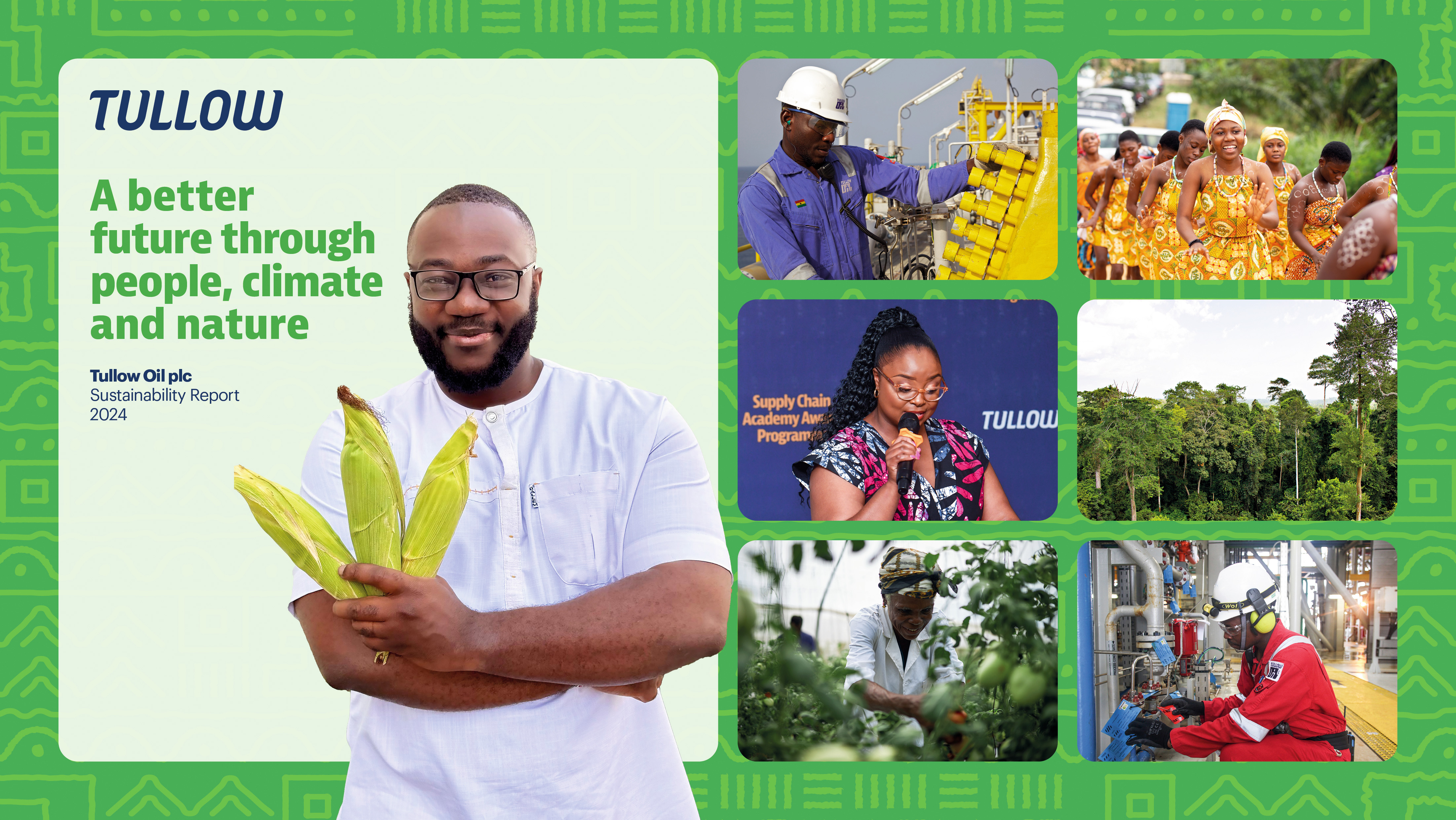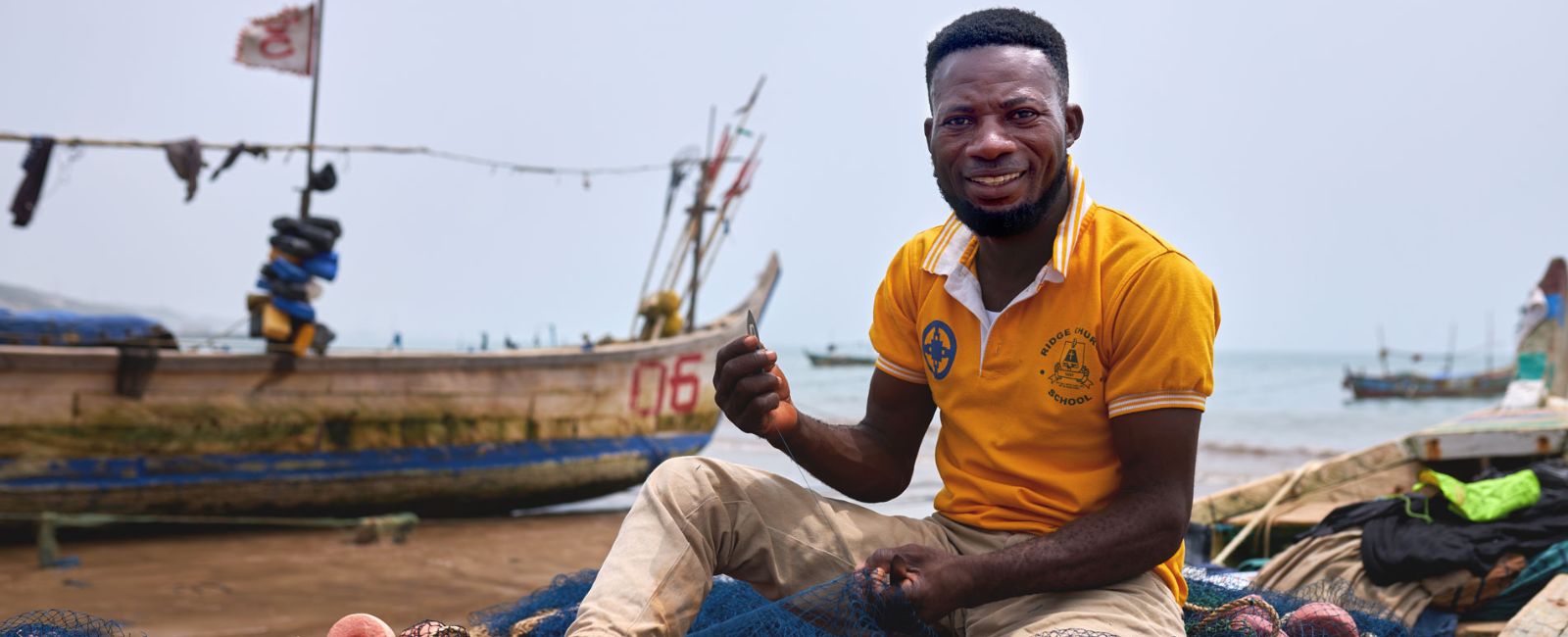Our employees, together with our contractors, host communities, suppliers and other business partners, play a key role in our business across our entire value chain. Our priorities include creating an inclusive culture and local workforce, promoting health, safety and wellness, respecting human rights and contributing to socio-economic development in our host countries.
We have a core responsibility to minimise health and safety risk across our operations and invest in employees’ wellness. Throughout 2024, we reinforced safety training and procedures to further embed a culture of safety across our operations. Overall, our safety record has remained strong.
In 2024, we have recorded over 2,900 instances of employee participation in more than 20 global wellness events, amounting to, on average, each colleague participating in 7 events during the year. Our Employee Engagement Survey highlighted work-life balance and wellbeing as key strengths, with many employees noting the positive impact of our wellness initiatives on their mental health and stress management.
Asset integrity and process safety underpin the safe, reliable and efficient operation of our facilities, protecting the wellbeing of our workforce and minimising the potential impact on the environment.
We have robust scorecards which detail the health of our assets and we address any areas that need improvement. In 2024, we continued with our planned maintenance and integrity activities in support of asset integrity and process safety.
Our people are critical to our business success and, as an employer, we have a responsibility to offer rewarding careers. We invest in supporting, educating and empowering our colleagues and promote a positive and inclusive working culture.
In 2024, we dedicated more than 13,000 hours to employee training, showcasing our commitment to continuous learning and staying competitive in an evolving industry. This represents 33 hours of training per employee on average. Overall employee satisfaction in 2024 was 5% higher than in 2022.
By hiring diverse individuals and fostering an inclusive culture, so that every employee feels empowered and motivated to contribute, we believe we create a competitive edge for our Company and a positive, productive workplace.
Two key areas of focus in our drive to achieve an inclusive and diverse organisation are advancing women and Africans in the organisation and specifically in management roles.
In 2024, women represented 25% of our senior management team, up from 21% in 2023. Additionally, we achieved 81% localisation in Ghana, keeping us on track to meet our 90% target.
We proactively work to uphold the fundamental rights and freedoms of all individuals, as defined by internationally recognised standards. This includes individuals directly and indirectly affected by our business activities, whether they are employees or contractors working in our Company, workers in our supply chain or members of the communities in which we operate.
In 2024, following a review of applicable global human rights instruments and peer company policies, we updated our Human Rights Policy, significantly strengthening our commitment in a number of areas. This policy was approved by the Board and the SLT. We also updated the Code of Ethical Conduct to strengthen human rights expectations and developed a Human Rights Standard.
Additionally, we continued to raise awareness of human rights issues including providing training for more than 55 leaders across the Company, as well as other employees and more than 83 suppliers. We also invited more than 91 suppliers to complete the Ipieca labour rights training.
As key stakeholders, the communities in our host countries are critical to our business success and we see their support as our social licence to operate.
In our local engagement efforts, we prioritise early and ongoing consultation throughout the lifecycle of any new initiative. This includes conducting participatory assessments to identify potential impacts and risks and seeking informed agreement from affected communities prior to significant developments. We pay special attention to vulnerable groups, including women and indigenous peoples, and use traditional community governance mechanisms where appropriate.
In 2024, we engaged with over 115 communities around our Jubilee and TEN operations in Ghana. Through our Fisherman’s Anchor Project, we distributed $1.2 million in small loans to over 3,680 beneficiaries..
As a major oil and gas operator in our host countries, we rely on our host governments, communities, suppliers and local resources to conduct our business successfully.
2024 marks the first year of our five-year ‘Accelerate Progress through Partnership’ strategy which identifies three social outcome areas for community socio-economic development:
- creating jobs through supporting transferable skills development and connecting youth to jobs;
- strengthening local economies by supporting enterprise development and local content; and
- building more resilient communities by increasing household income and savings.
In 2024, our total socio-economic contribution in host countries amounted to $731 million, bringing our five-year total to $3 billion. Additionally, we launched Tullow Agriventures that aims to create 1,500 direct jobs over two years and the Tullow Supplier Access to Finance initiative to support small business development in Ghana.
Our Sustainability Report 2024
This Sustainability Report complements our 2024 Annual Report and provides further details of our environmental and social performance over the past year.

